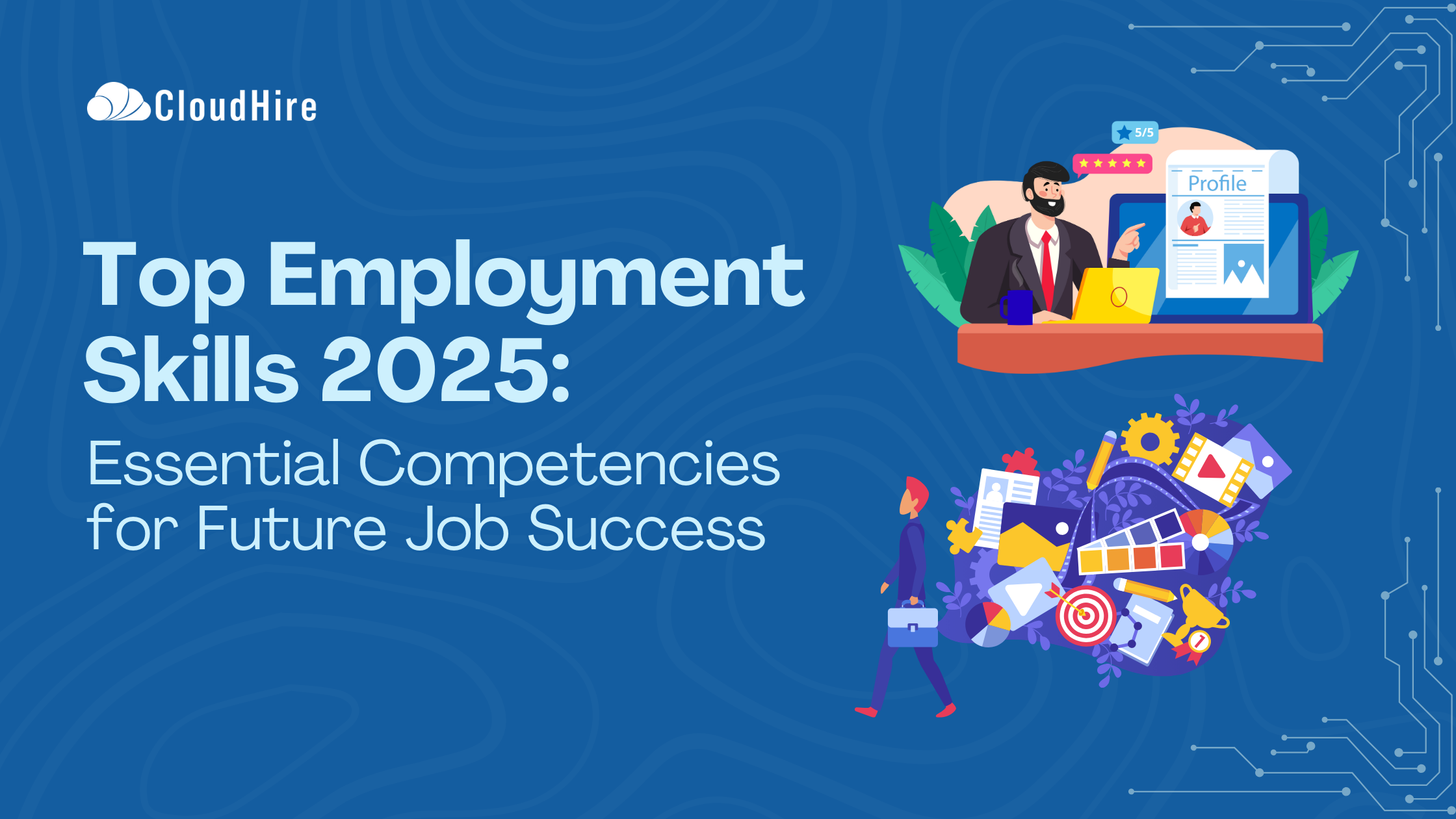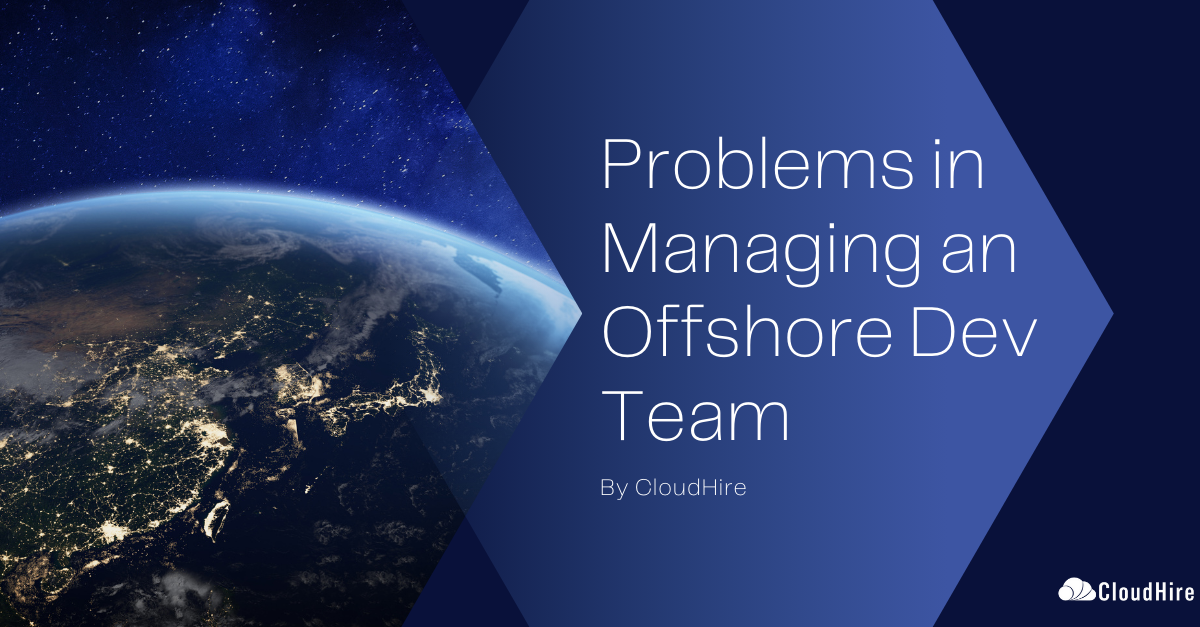Introduction
The employment skills 2025 landscape stands at a crucial intersection of technological advancement and workplace evolution. As organizations worldwide navigate through digital transformation, the essential employment skills 2025 requirements have undergone a dramatic shift. According to the World Economic Forum, 44% of workers’ employment skills 2025 competencies will need significant updating. This comprehensive analysis explores the critical employment skills 2025 that will define career success, offering insights for both professionals and organizations adapting to these changes.
Digital Literacy and Technical Competencies
Artificial Intelligence and Machine Learning
The integration of AI and machine learning has become fundamental across industries, transforming from a specialist skill to a core professional requirement. According to the IBM AI Skills Report 2025, professionals with AI literacy command 40% higher salaries than their counterparts, reflecting the critical importance of these skills. Organizations now expect employees at all levels to understand AI’s basic principles and applications, particularly in decision-making and process optimization.
The most successful professionals in this domain combine technical understanding with practical application skills. For instance, Amazon’s comprehensive AI literacy training program has demonstrated how this integration leads to significant operational improvements. Their employees who completed the program showed a 35% increase in operational efficiency, leading to the creation of 12,000 new hybrid roles that combine AI expertise with traditional business skills.
Cloud Computing and Digital Infrastructure
The cloud computing landscape has evolved beyond basic storage and hosting to become the backbone of modern business operations. The AWS Employment Report 2025 reveals that cloud computing skills are no longer confined to IT departments – they’ve become essential across various business functions. Organizations investing in cloud-skilled employees report not only improved technical capabilities but also significant business advantages, including enhanced productivity and reduced operational costs.
What makes cloud computing particularly crucial is its role in enabling remote and hybrid work models. Professionals who understand cloud infrastructure can better contribute to their organization’s digital transformation initiatives. This includes knowledge of multi-cloud environments, security protocols, and the ability to leverage cloud-based tools for collaboration and productivity.
Human-Centric Skills in the Digital Age
The evolution of employment skills in 2025 increasingly emphasizes human-centric capabilities. According to the World Economic Forum’s Future of Jobs Report 2023, while technical skills remain crucial, 72% of employers rate human-centric skills as critical employment skills 2025 requirements. These skills have become fundamental in shaping workplace success.
Emotional Intelligence in Digital Environments
Emotional intelligence in digital environments has become a cornerstone of employment skills in 2025. The WEF report indicates that 44% of workers will need to update their emotional intelligence capabilities to meet future workplace demands. Leaders who master these employment skills in 2025 demonstrate superior abilities in virtual team management and cross-cultural communication. This skill encompasses the ability to read and respond to emotional cues in digital communications, manage virtual team dynamics, and build trust in remote relationships.
Digital emotional intelligence has become particularly crucial in leadership roles, where the ability to maintain team cohesion and motivation across digital platforms directly impacts organizational success. Leaders who master this skill demonstrate superior abilities in conflict resolution, team engagement, and cross-cultural communication in virtual environments.
Critical Thinking and Complex Problem Solving
The acceleration of technological change has made advanced critical thinking abilities more valuable than ever. McKinsey’s research indicates that professionals with strong critical thinking skills earn 25% higher salaries and advance in their careers 40% faster than their peers. This capability goes beyond traditional problem-solving to include systems thinking, ethical reasoning, and the ability to navigate ambiguous situations.
Modern critical thinking encompasses the ability to analyze complex data sets, identify patterns, and make strategic decisions in rapidly changing environments. Successful professionals combine analytical capabilities with creative problem-solving approaches, enabling them to address unprecedented challenges and identify innovative solutions.
Emerging Technical Competencies
The technical landscape of employment skills 2025 continues to evolve rapidly. According to Gartner’s latest research, organizations investing in comprehensive employment skills 2025 development see a 58% improvement in workforce capabilities. The cybersecurity sector alone demonstrates this trend, with (ISC)² reporting 3.4 million unfilled positions globally.
Cybersecurity and Digital Safety
As digital transformation accelerates, cybersecurity has become a crucial skill across all professional levels. The current landscape shows over 300,000 unfilled cybersecurity positions globally, with professionals in this field commanding an 85% salary premium. However, basic cybersecurity awareness has become as essential as computer literacy, with organizations expecting all employees to understand and implement basic security protocols.
The most successful professionals in this domain demonstrate not only technical expertise but also the ability to communicate security concepts to non-technical stakeholders. They understand that cybersecurity is not just about technology but about human behavior and organizational culture.
Blockchain and Distributed Technologies
The blockchain field has matured beyond cryptocurrency to encompass various business applications. With a projected market size of $180 billion by 2025, organizations are actively seeking professionals who understand blockchain’s potential for business transformation. This isn’t limited to technical roles; business leaders increasingly need to understand how blockchain can impact their operations and industry.
Success in this area requires a combination of technical knowledge and business acumen. Professionals who can bridge the gap between blockchain technology and practical business applications are particularly valued, as they can help organizations navigate the complexities of implementing distributed systems.
Future-Ready Capabilities
Sustainability and Environmental Competence
Environmental consciousness has evolved from a specialized focus to a core business consideration. The green economy is growing at unprecedented rates, with an 85% increase in sustainability-related jobs. Professionals who understand sustainable business practices and can implement environmentally conscious solutions are increasingly valued across all sectors.
Organizations are seeking individuals who can balance environmental responsibility with business objectives. This includes understanding green technologies, circular economy principles, and the ability to develop sustainable business strategies that create both environmental and economic value.
Digital Ethics and Responsible Innovation
The ethical implications of technology have become a central concern in professional decision-making. With a 200% increase in demand for digital ethics expertise since 2023, organizations are actively seeking professionals who can navigate the complex landscape of technological responsibility. This includes understanding privacy implications, algorithmic bias, and the societal impact of technological decisions.
Hybrid Working Skills and Virtual Collaboration
The normalization of hybrid work has created a need for professionals who excel in both physical and virtual environments. According to recent studies, 65% of jobs now incorporate some form of hybrid working arrangement. This shift requires mastery of virtual collaboration tools, digital communication protocols, and the ability to maintain productivity across different working environments.
Successful hybrid professionals demonstrate exceptional time management skills and the ability to create seamless transitions between in-person and virtual work modes. They understand how to leverage technology to maintain team cohesion, drive projects forward, and create engaging virtual experiences that rival traditional in-person interactions.
Professional Development and Continuous Learning
Strategic Skill Acquisition
The rapid pace of technological change has transformed learning from a periodic activity to a continuous process. Successful professionals in 2025 approach skill development strategically, allocating 5-10 hours weekly to structured learning activities. This investment includes a mix of formal education, practical application, and peer learning opportunities.
Industry leaders recommend focusing on complementary skill sets rather than isolated competencies. For example, combining technical expertise with leadership capabilities or merging data analysis skills with industry-specific knowledge creates a more valuable professional profile. This integrated approach to skill development yields significantly better career outcomes, with studies showing up to 40% higher earning potential for professionals who master complementary skill sets.
Digital Portfolio Development and Personal Branding
Professional reputation in 2025 extends beyond traditional resumes to encompass comprehensive digital portfolios. These portfolios demonstrate not just past achievements but also ongoing learning and skill development. Successful professionals maintain an active digital presence through thought leadership content, project documentation, and participation in professional communities.
The most effective digital portfolios combine quantifiable achievements with narrative elements that showcase problem-solving abilities and strategic thinking. This approach has become particularly valuable in an increasingly remote hiring environment, where traditional in-person evaluations are less common.
Investment and Returns in Professional Development
Financial and Time Investment Strategies
Organizations investing in employment skills 2025 development report significant returns. LinkedIn’s Global Talent Trends 2023 reveals that 89% of learning and development leaders consider upskilling crucial for future success. Companies that prioritize employment skills 2025 training see:
- 50% higher employee retention rates
- 44% improvement in workforce adaptability
- 72% better organizational performance
Cross-Cultural and Global Business Competencies
The globalization of work has made cross-cultural competence essential for professional success. Professionals who can effectively navigate cultural differences and manage international relationships are increasingly valued. This skill set includes understanding cultural nuances in communication, business practices, and decision-making processes.
Organizations report that teams with strong cross-cultural competencies achieve 78% better outcomes in international projects and demonstrate 52% higher collaboration effectiveness. This capability has become particularly crucial in virtual environments, where cultural misunderstandings can be more frequent and challenging to resolve.
Conclusion and Future Outlook
The employment skills landscape of 2025 represents a complex interplay of technical expertise, human capabilities, and adaptive competencies. Success in this environment requires a balanced approach to skill development, combining core technical knowledge with essential human skills and future-ready capabilities.
As we look beyond 2025, several trends are likely to shape future skill requirements:
- Increased integration of AI and human capabilities
- Greater emphasis on environmental and social responsibility
- Evolution of virtual and augmented reality in professional settings
- Growing importance of ethical considerations in technology
- Continued emphasis on adaptability and learning agility
Recommendations for Professional Success
For individuals seeking to thrive in this evolving landscape, consider these key actions:
- Develop a personalized learning strategy aligned with industry trends
- Build a strong foundation in both technical and human-centric skills
- Maintain active engagement in professional communities
- Document and showcase your learning journey
- Stay informed about emerging technologies and their implications
For organizations, the focus should be on:
- Creating robust learning and development programs
- Fostering a culture of continuous learning
- Supporting cross-functional skill development
- Investing in tools and technologies that enable skill application
- Measuring and rewarding skill development
The path to professional success in 2025 and beyond requires a commitment to continuous learning, adaptability to change, and the ability to integrate multiple skill sets effectively. Those who embrace this challenge while balancing technical expertise and human capabilities will be best positioned for success in the evolving employment landscape.








